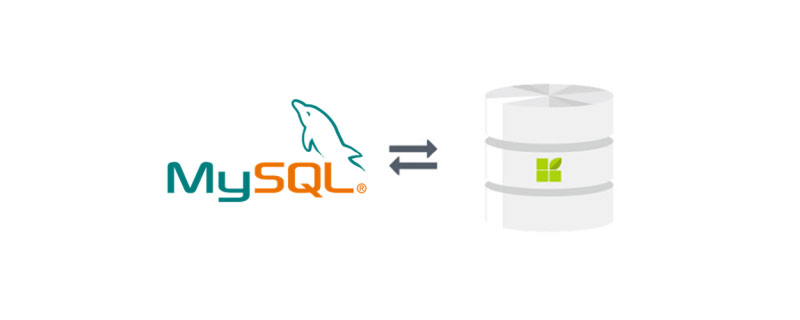
The main body of the database is the collection of all business data required by related applications, which is called a physical database. A database is a collection of large amounts of data that is stored in a computer for a long time, is organized, shareable, and uniformly managed.

#The main body of the database is the collection of all business data required by related applications, which is called a physical database.
(Learning video recommendation: mysql video tutorial)
Related knowledge introduction:
Database is "organizing, storing and managing data according to the data structure 's warehouse". It is a collection of large amounts of data that is stored in a computer for a long time, is organized, shareable, and unified management.
A database is a warehouse that stores data. It has a large storage space and can store millions, tens of millions, or hundreds of millions of pieces of data. However, the database does not store data arbitrarily, there are certain rules, otherwise the query efficiency will be very low. Today's world is an Internet world full of data, filled with a lot of data. That is, this Internet world is the data world. There are many sources of data, such as travel records, consumption records, web pages browsed, messages sent, etc. In addition to text type data, images, music, and sounds are all data.
A database is a computer software system that stores and manages data according to a data structure. The concept of database actually includes two meanings:
(1) Database is an entity, which is a "warehouse" that can reasonably store data. Users store transaction data to be managed in this "warehouse". "Data" " and "library" are combined into a database.
(2) Database is a new method and technology for data management. It can organize data more appropriately, maintain data more conveniently, control data more closely and utilize data more effectively.
Related recommendations: mysql tutorial
The above is the detailed content of What is the subject of the database?. For more information, please follow other related articles on the PHP Chinese website!